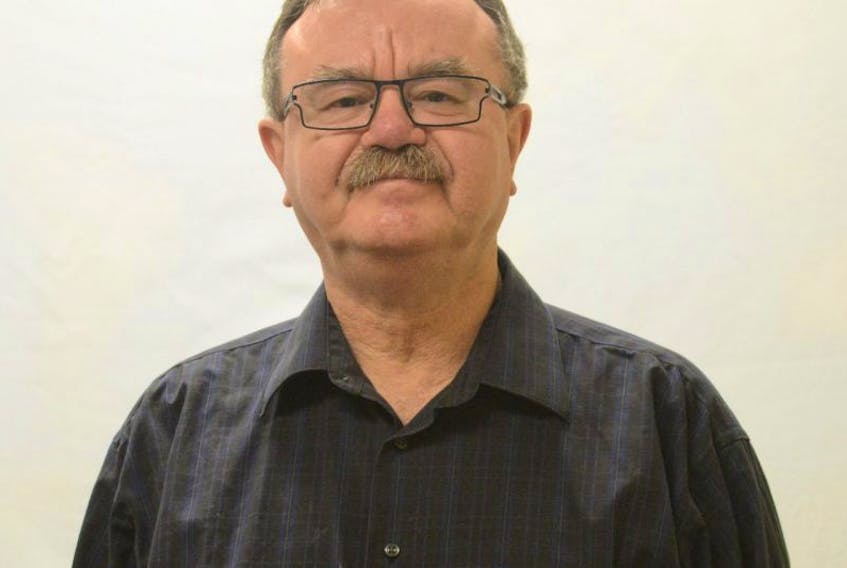Cape Verde, the small archipelagic country 500 kilometres off the west coast of Senegal, may be the best country in Africa for civil liberties and political rights.
Comprising 10 islands and five islets, with a population of 505,000, the unique geography and history of this former Portuguese colony have played a key role in facilitating good governance, and an open and non-violent society.
Civil and political rights are enshrined in the constitution and widely respected in practice. The country has a free press and decent levels of health care, with a life expectancy of 72 years for men and 80 for women. The literacy rate stands at close to 90 per cent.
Portuguese functions as a state language but Cape Verdean Kriolo is spoken by virtually everyone.
The population is, as one writer put it, neither African nor Portuguese but an admixture of both. The country retains close ties with Portugal and its currency is linked to the euro. Some have even suggested joining the European Union.
Cape Verde was claimed by Portuguese sailors in the 15th century. Uninhabited until then, it became a plantation economy and a centre for the slave trade. Enslaved Africans and Portuguese convicts were brought to the islands to work as agricultural field hands.
Cape Verde became an important commercial hub between the Americas, Africa and Europe. Other groups, including Arabs, Dutch, French, and Jews, settled and were absorbed into the mixed population.
In 1956, the African Party for the Independence of Guinea and Cape Verde (PAIGC), was founded by the nationalist leader Amilcar Cabral. Following a protracted national war of liberation, the two Portuguese colonies attained independence as one state in 1975.
But the marriage of Portugal’s educated Cape Verde population with the underdeveloped mainland of what became Guinea-Bissau was never going to last, and they went their separate ways after a bloody coup in the latter in 1980. Guinea-Bissau is virtually a failed state today.
On Cape Verde, the ruling party, which was renamed the PAICV, remained the sole legal political party from 1980 until 1990, when the constitution was amended to legalise opposition parties.
Though a one-party state committed to ideological socialism until then, the ruling party had set up an effective and largely non-corrupt and pragmatic administrative structure.
With the coming of multi-party politics, the Movement for Democracy (MpD) was formed. It won the 1991 presidential elections, with Antonio Mascarenhas Monteiro defeating Aristides Pereira, who had been in power since independence. It also defeated the PAICV in that year’s parliamentary balloting.
This was followed by victories in the National Assembly elections of I995 and the presidential election of 1996, with Monteiro re-elected.
In 2001, however, weakened by internal struggles, the MpD lost to a rejuvenated PAICV, with Pedro Pires defeating Carlos Veiga for the presidency. The 2006 election repeated that result between the same two men.
The MpD regained control of the executive branch in 2011, with Jorge Carlos Fonseca beating Manuel Inocencio Sousa. Fonseca was re-elected in 2016, with 74.08 per cent of the vote, when the PAICV failed to present a candidate. He easily beat two independents, Joaquim Monteiro and Albertino Graca.
Though the PAICV had remained the largest party in parliament in 2011, it lost control of the legislative branch to the MpD as well in 2016.
Given the creolized nature of the population, disagreements between the parties revolve around pragmatic economic and political issues, since there are no distinct ethnicities on the islands.
In terms of institutional support, anecdotal evidence suggests that the Roman Catholic
Church in Cape Verde, to which most people belong, prefers the MpD, while unions back the PAICV.
The essentially untroubled transfer of power in elections over the last 27 years indicates that the nation has, by and large, confidence in its electoral institutions.
Henry Srebrnik is a professor of political science at the University of Prince Edward Island.








